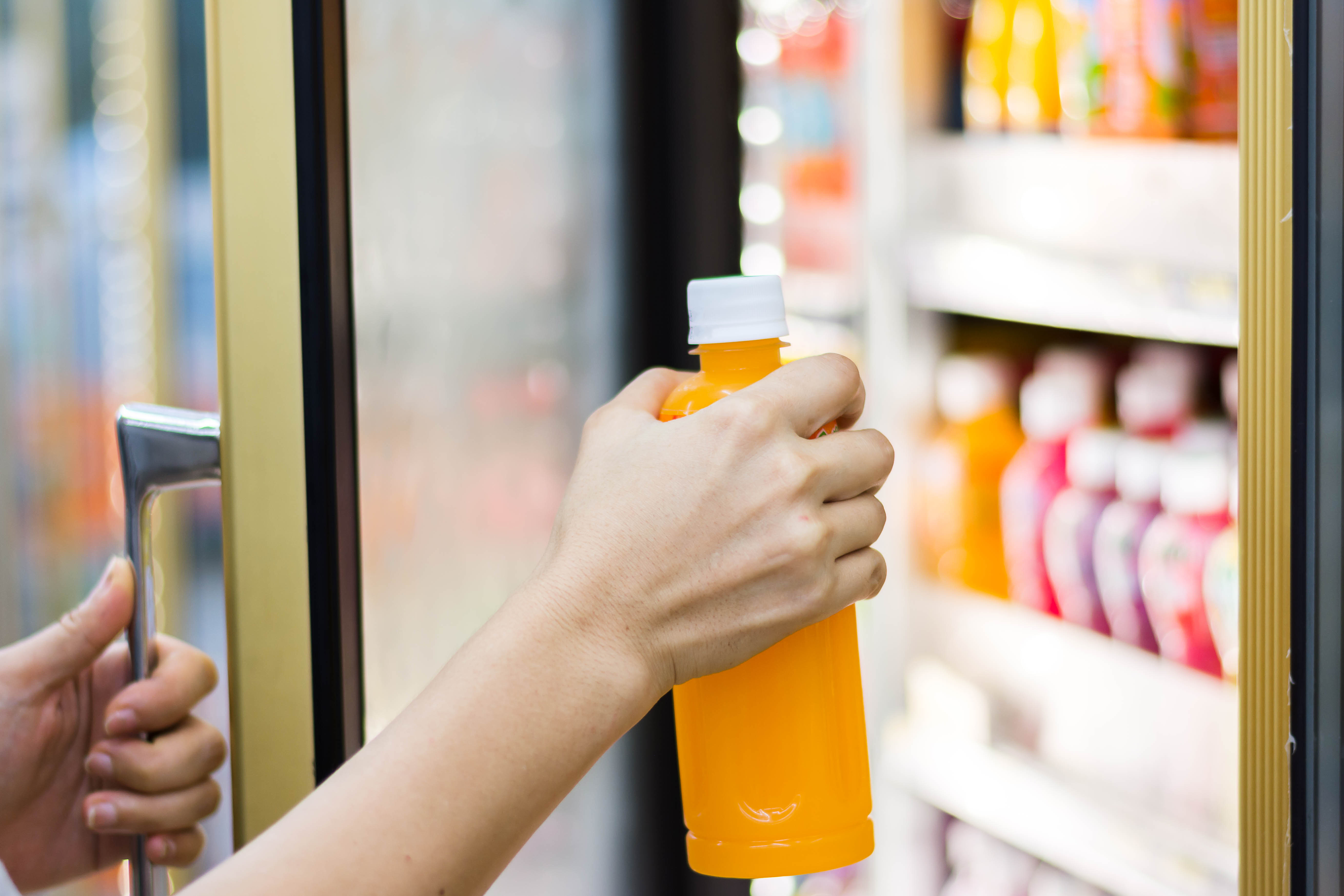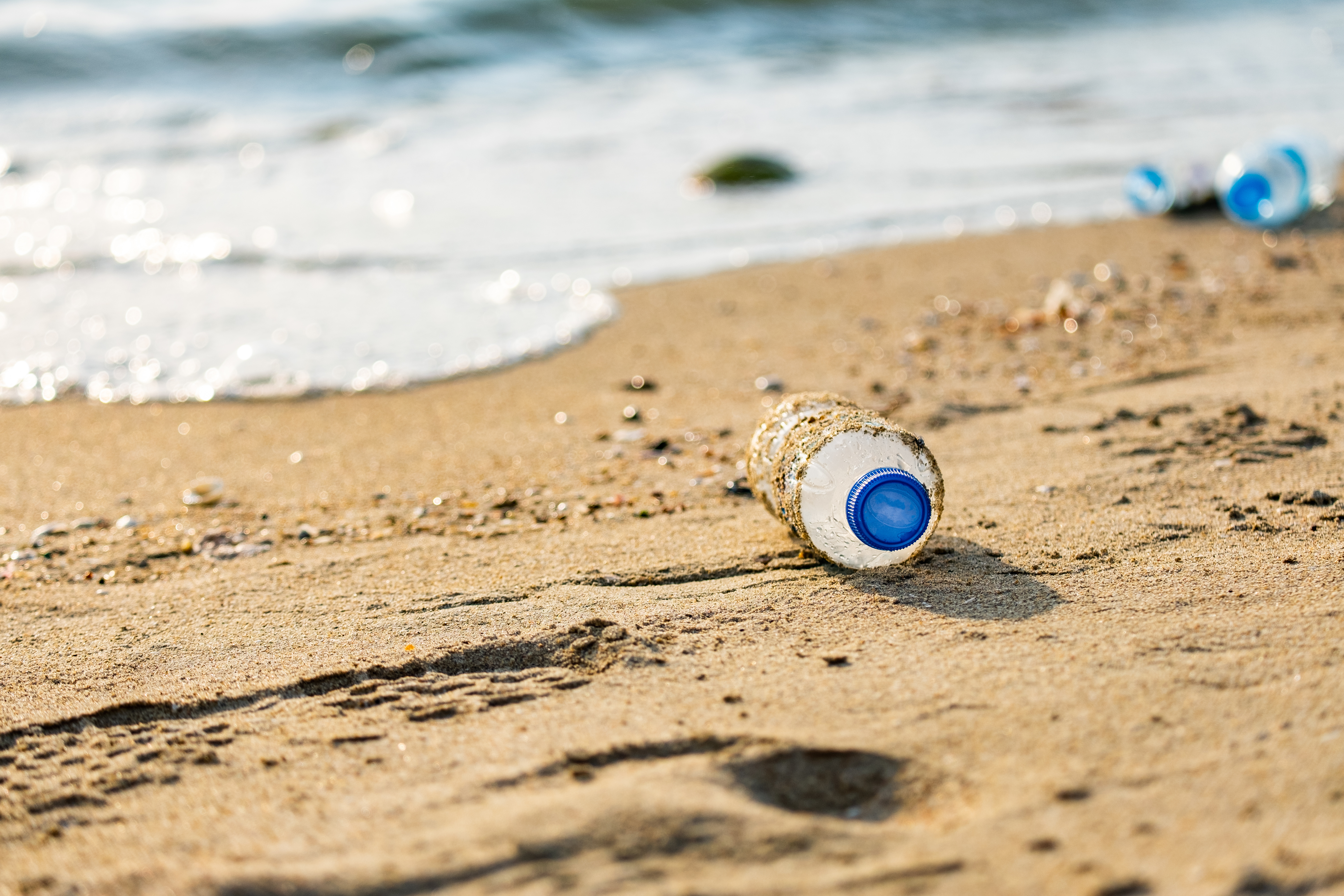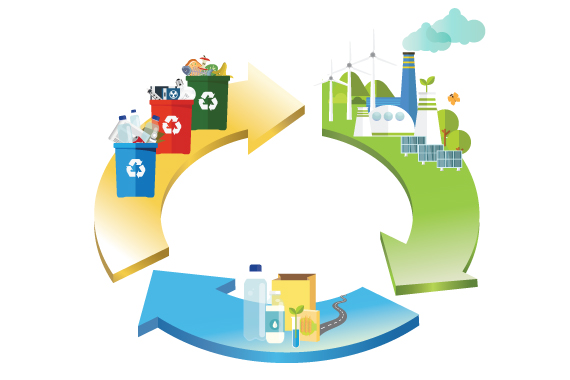translation will be ready soon

Plastic has been much in the news lately – and the coverage hasn’t exactly been positive. Images of oceans filled with discarded plastic bottles are now firmly rooted in the public consciousness, and the debate is only growing as the voices of environmental protest groups get louder.
Plastic, like any other material, has its disadvantages. But despite pressure, the demand for polymer packaging continues to grow. The pace of life in recent decades has increased significantly, and consumers still expect convenient food packaging that will save time, whether they’re having a snack on the go or keeping hydrated.

Plastics have been a part of our lives for years, but they pose numerous challenges to producers, consumers and society as a whole. These are challenges we must address today, to come up with solutions before it is too late.
Challenge: repositioning the image of plastic from “waste” to a “raw material”
Marine litter is rightly pushing plastic up the agenda for governments, packaging producers, brand owners and individuals. Plastic containers are a big part of this problem, but the issue is also more wide-ranging. More than half of the plastics in the Great Pacific Garbage Patch come from nets, ropes and lines used by the fishing industry [4].

The circular economy – where rPET becomes the raw material for the production of new packaging – is an exciting and elegant solution to the challenges facing the packaging industry.
According to expert forecasts, the demand for polymer packaging will only continue to grow, as it is convenient. At the same time, product life-cycle studies show that, compared with alternative types of packaging, PET has a smaller ecological footprint.
Plastic manufacturers are making responsible strides to produce packaging that delivers on all counts.
Global plastic packaging manufacturer RETAL invests in state-of-the-art equipment that can process 100 per cent rPET flakes, granules and pellets to ensure its production processes are as effective and efficient as possible, with lower material and energy requirements, and reduced carbon emissions.
RETAL is actively reducing its carbon footprint through its energy efficiency programme. More than 20 per cent of its total electricity consumption is renewable, and RETAL has installed the largest solar panel plant in the Baltic states at its factory in Lentvaris, Lithuania.